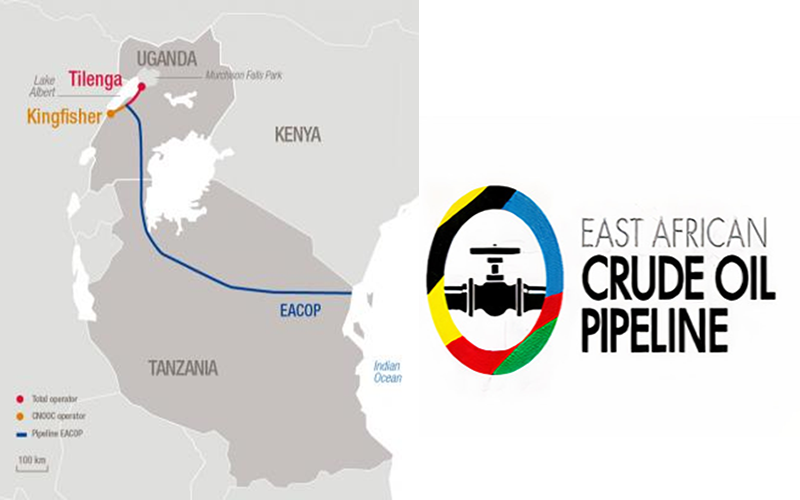Oil & Gas
TOTALENERGIES FACES LEGAL CHALLENGES OVER UGANDA OIL PROJECTS.
JUMA SULEIMAN

TotalEnergies is back in the spotlight as it faces renewed legal challenges over its controversial oil projects in Uganda, including the Tilenga oilfield and the East African Crude Oil Pipeline (EACOP). On May 15, 2025, a critical hearing took place at the Paris Civil Court, where environmental and human rights groups pushed for accountability over alleged damages caused by these projects. These organizations claim that TotalEnergies has neglected its duty to address significant environmental risks and community displacement issues linked to its operations in sensitive ecological zones like Murchison Falls National Park.
The lawsuit centers on the company’s compliance with France’s Duty of Vigilance Law, which requires firms to prevent human rights and environmental violations throughout their operations. Plaintiffs argue that TotalEnergies has failed to fully meet these obligations, particularly in disclosing vital documents that would reveal the extent of their impact. The court hearing aimed to compel TotalEnergies to provide these crucial documents, which the company has previously withheld, potentially affecting the outcome of the case.
This legal battle is more than a regional dispute; it highlights broader issues of corporate accountability for multinational companies operating in countries with limited regulatory oversight. If successful, the lawsuit could set a precedent in enforcing environmental and human rights protections on an international scale, holding powerful corporations responsible for their overseas activities. The affected individuals and NGOs involved represent a growing movement demanding ethical business practices in the global energy sector.
As TotalEnergies navigates this court process, the spotlight remains on the balance between economic development and environmental preservation. The outcome will not only influence the future of Uganda’s oil projects but also signal how far legal systems will go to enforce corporate responsibility in the face of ecological and social challenges. Stakeholders worldwide are watching closely, recognizing the implications for sustainable development and human rights protections.
